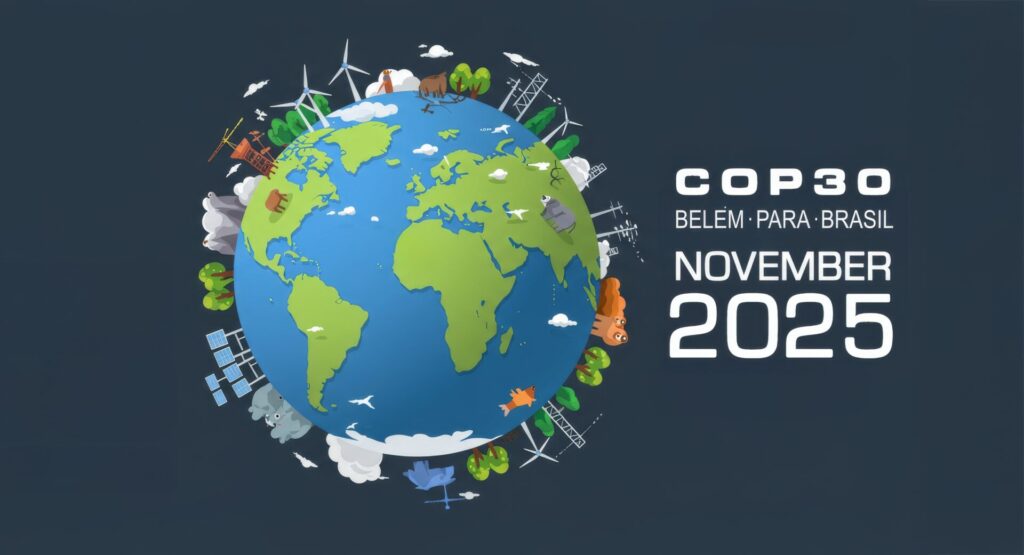The 30th Conference of the Parties (COP30) opened in Belém, Brazil, marking the start of two weeks of negotiations on how the world will strengthen its response to climate change. The Amazonian location gave this year’s summit a distinctive focus on nature and forest preservation, reflecting growing recognition of the role that ecosystems play in global decarbonisation.
COP30 brings together governments, businesses, scientists and civil society to evaluate progress under the Paris Agreement and to consider new national pledges ahead of 2035. For organisations engaged in energy management, sustainability or climate strategy, the opening day set a tone of both urgency and uncertainty — with signs of progress but also indications of a divided global consensus.

Tone and Priorities
The first day’s speeches were dominated by calls for unity and ambition. The UN climate chief urged delegates to “fight the climate crisis together,” highlighting the need to avoid the polarisation that has hindered previous negotiations. Brazil, as host nation, successfully secured agreement on the summit’s formal agenda, despite attempts by some blocs to include contentious issues such as carbon-pricing mechanisms at an early stage.
The Brazilian presidency emphasised that COP30 should be seen as an opportunity to protect the Amazon and demonstrate how environmental stewardship can coexist with economic development. The tone was broadly cooperative, though underlying tensions between developed and developing nations were evident in discussions about finance, equity and national responsibility.
Inclusion of Indigenous Voices
One of the most visible features of the opening day was the strong participation of Indigenous leaders, particularly from across the Amazon Basin. Many arrived in Belém by river, highlighting their connection to the forest and their stake in climate outcomes. Indigenous representatives called for greater recognition of their territorial rights and for inclusion in climate-finance decisions, arguing that protecting Indigenous lands is among the most effective ways to safeguard forests.
The setting of COP30 — deep in the Amazon — gave these voices unusual prominence, and Brazil’s leadership sought to weave Indigenous rights into the broader narrative of climate justice and sustainable development. This emphasis signals a potential shift in how future climate policy integrates social, cultural and environmental priorities.
Progress and Early Outcomes
Although the first day was primarily procedural, several developments shaped the outlook for the negotiations ahead. A UN report released to coincide with the opening session projected that current national pledges could reduce global greenhouse-gas emissions by around 12 percent by 2035 compared with 2019 levels. While this marks a small improvement over last year’s estimate, it remains far below the 60 percent reduction required to limit warming to 1.5 °C.
The report’s findings reinforced the sense that existing commitments are insufficient and that the world’s largest economies must strengthen their efforts. The absence of senior U.S. representatives was widely noted and interpreted by some observers as a sign of diminished political momentum. Meanwhile, European leaders, particularly from Germany, reiterated their support for phasing down fossil fuels, though consensus on the pace and form of such a transition remains elusive.
Day 1 of COP30 closed without major breakthroughs, but it established the political and thematic foundations for the negotiations to come. The conference is expected to focus heavily on finance for adaptation and forest protection, new nationally determined contributions, and the alignment of economic growth with ecological protection. The tone in Belém was one of cautious determination: a recognition of the scale of the challenge, and awareness that progress depends on compromise and collaboration.






